选择热点
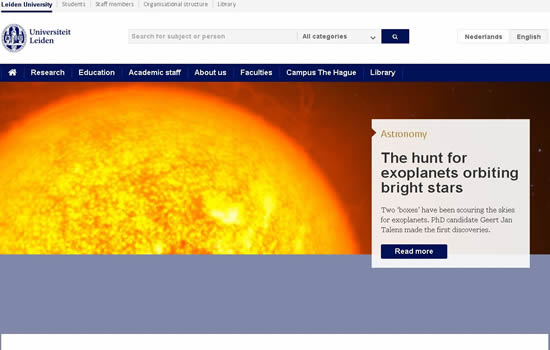 荷兰莱顿大学
荷兰莱顿大学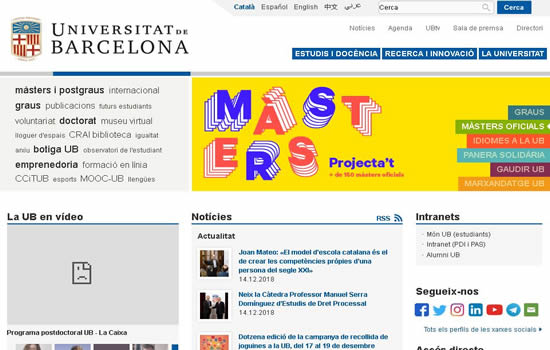 西班牙巴塞罗那大学
西班牙巴塞罗那大学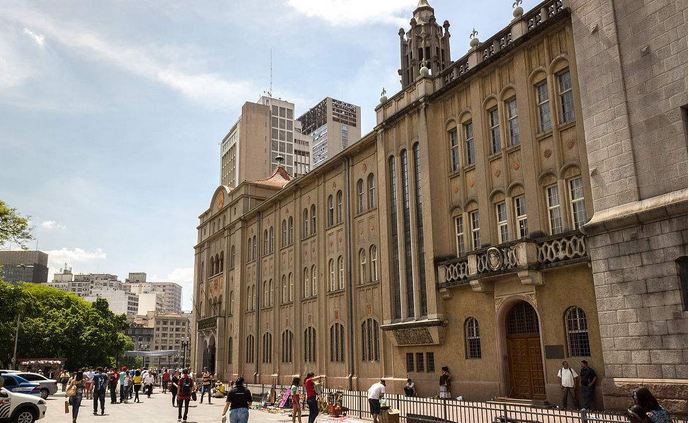 巴西圣保罗大学 University of Sao Paulo, Brazil
巴西圣保罗大学 University of Sao Paulo, Brazil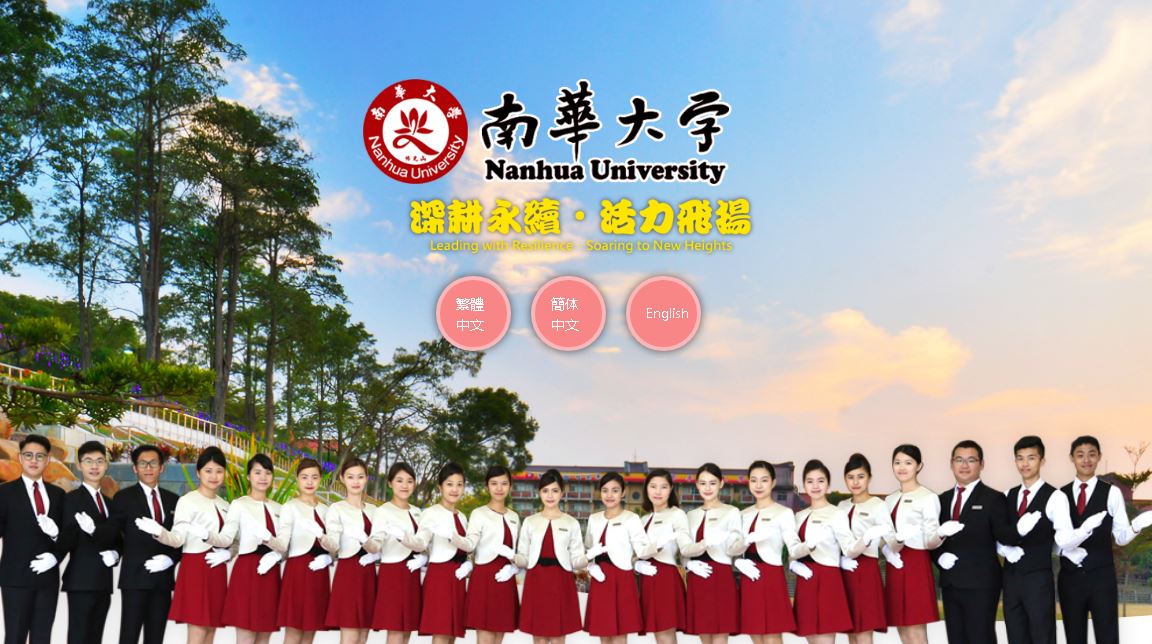 台湾南华大学 University of South China in Taiwan
台湾南华大学 University of South China in Taiwan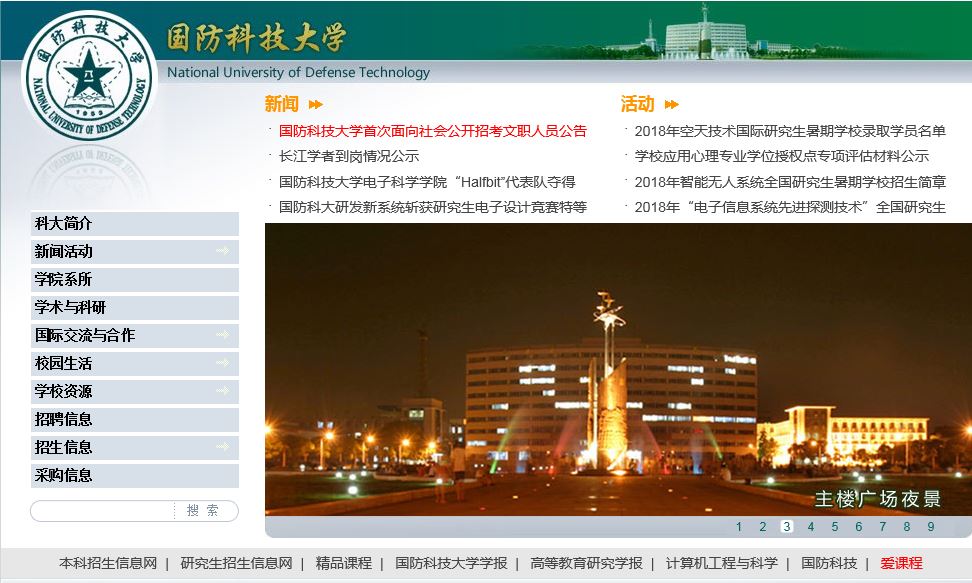 科技大学 National University of Defense Technology
科技大学 National University of Defense Technology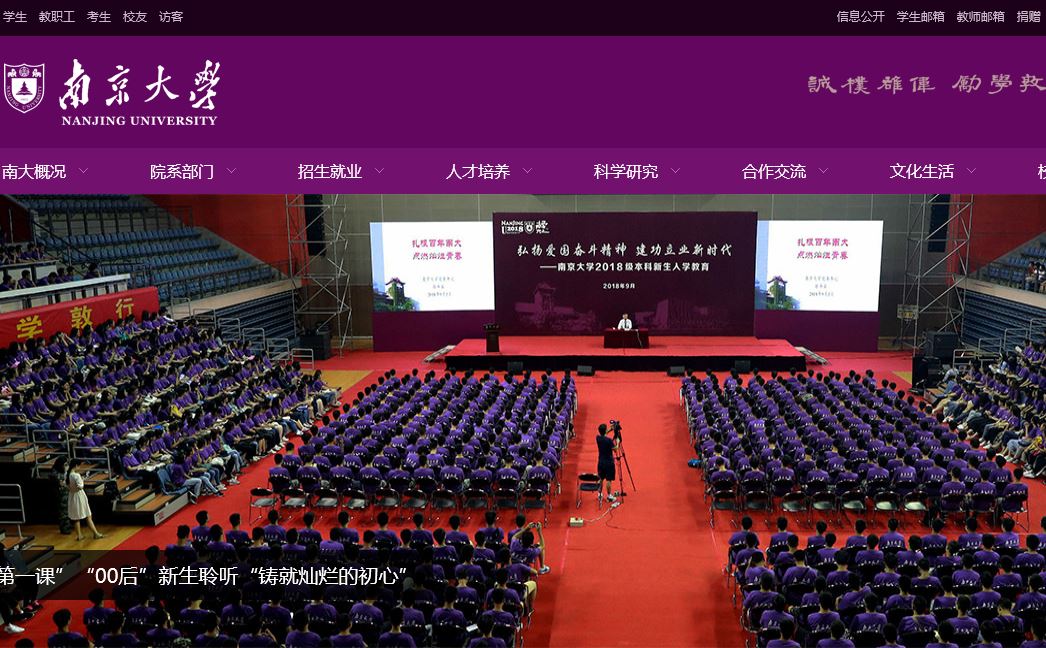 南京大学 Nanjing University
南京大学 Nanjing University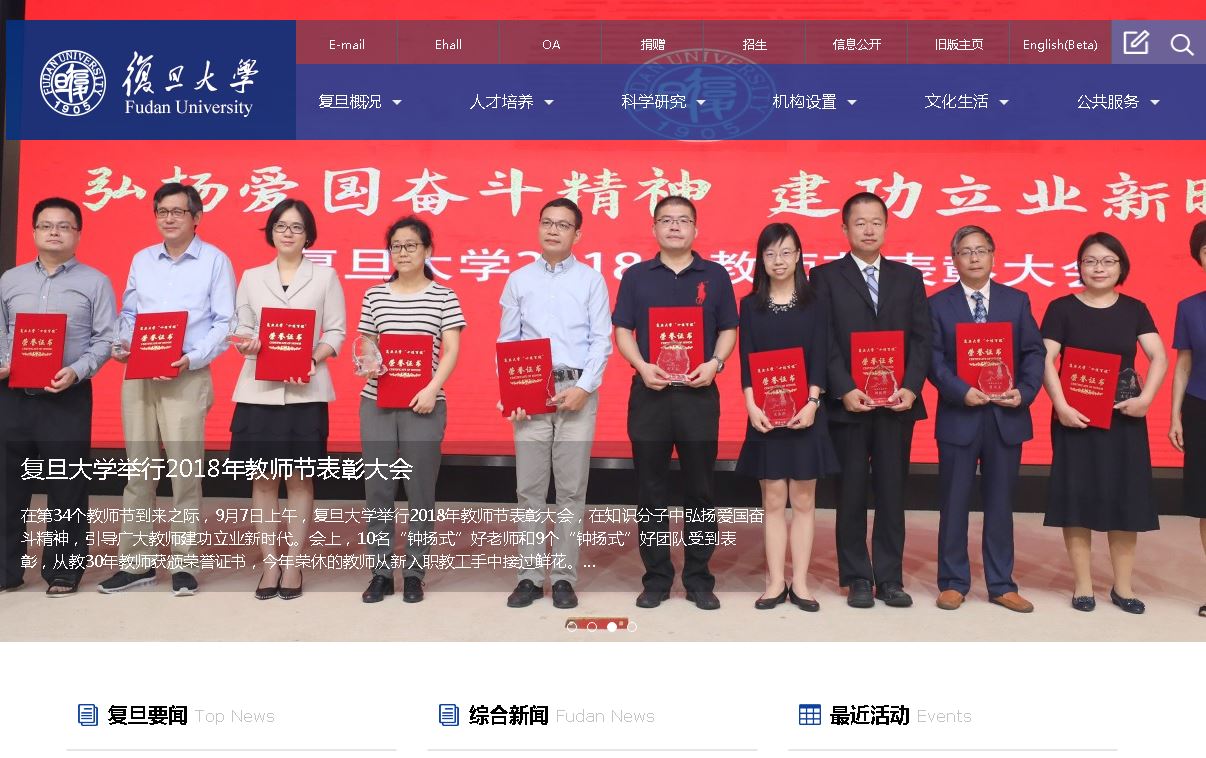 上海复旦大学 Fudan University
上海复旦大学 Fudan University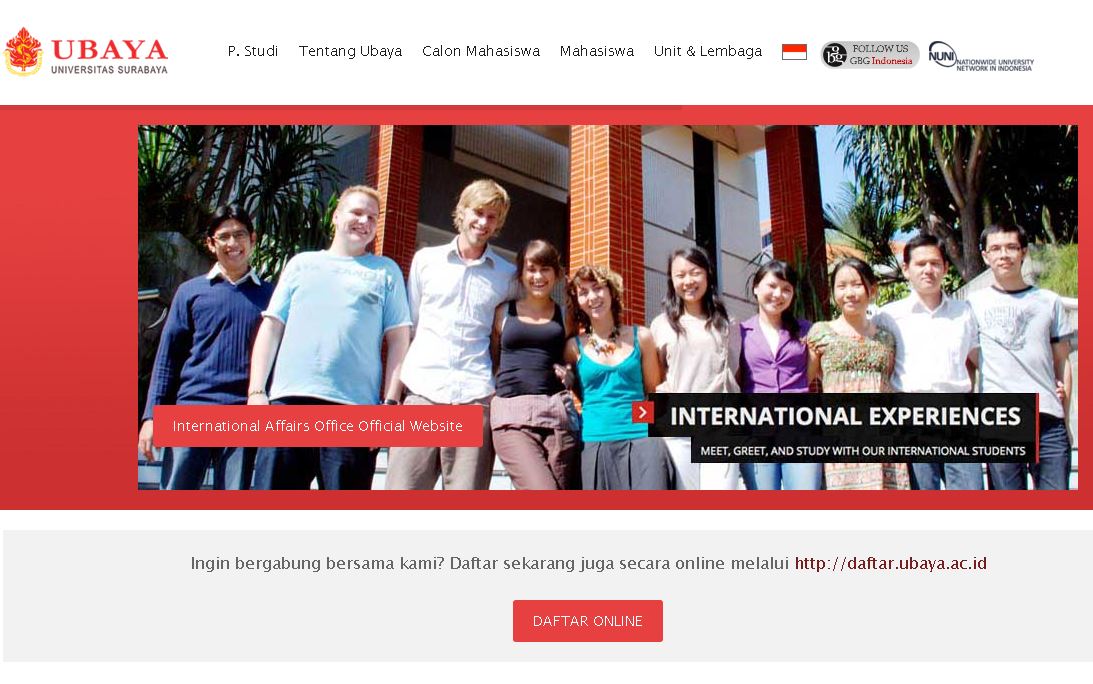 泗水大学(Ubaya)
泗水大学(Ubaya)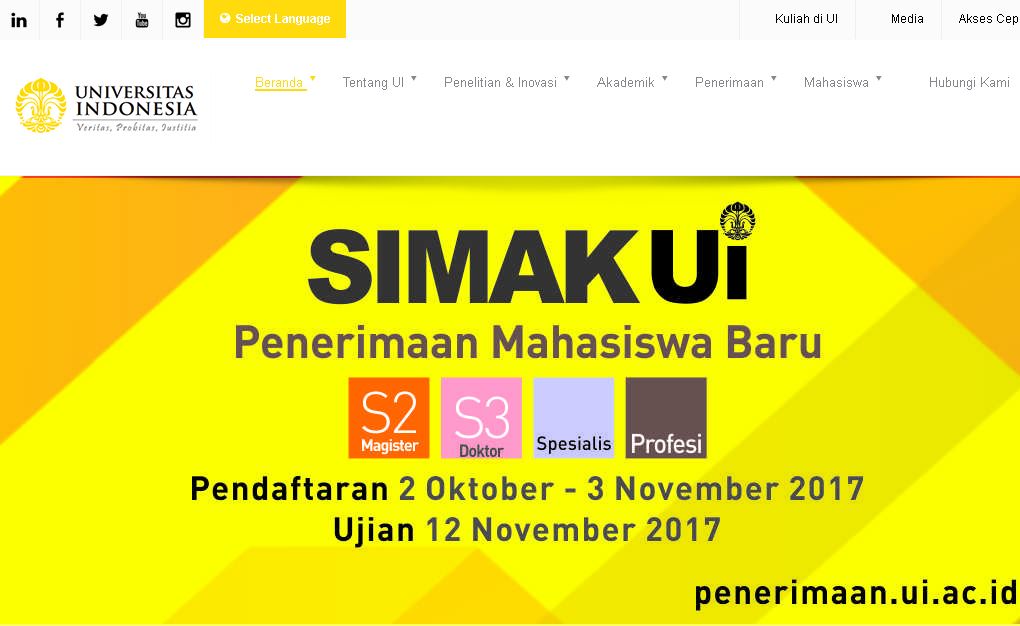 印尼大学 universitas indonesia
印尼大学 universitas indonesia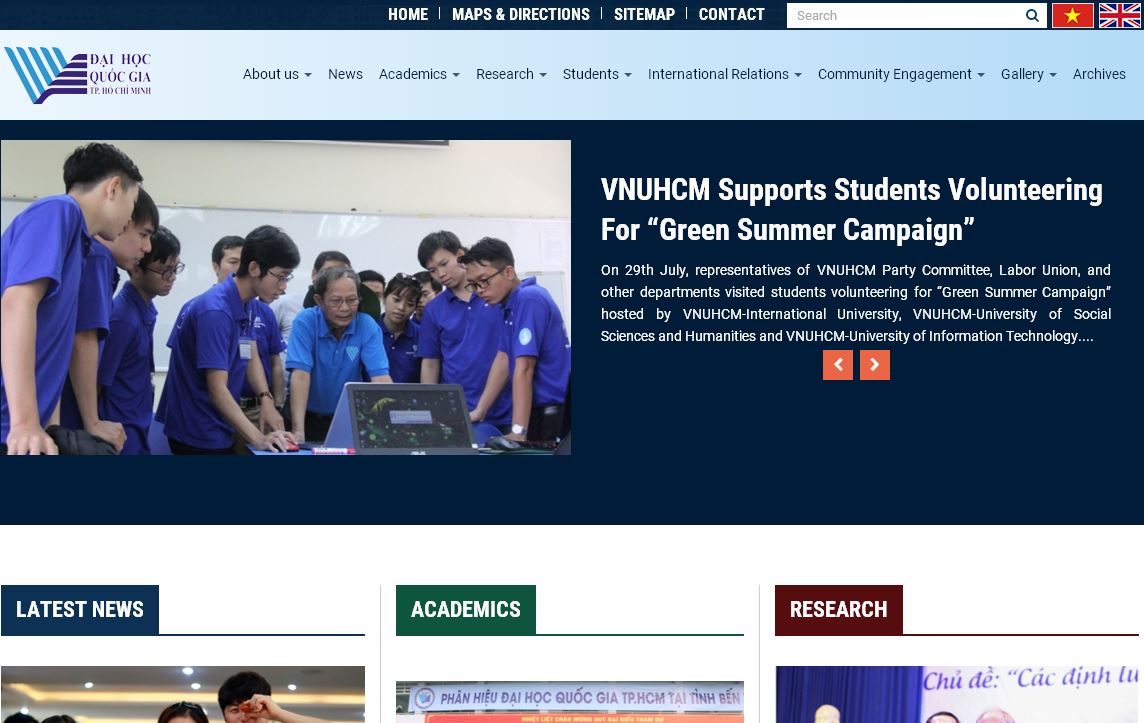 越南某大学 Vietnam National University
越南某大学 Vietnam National University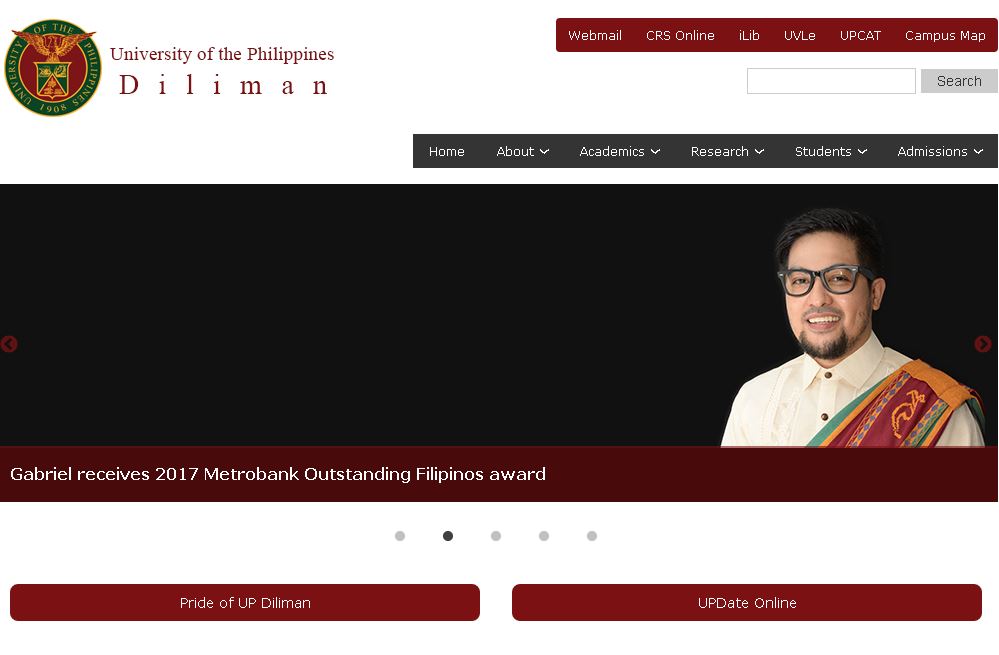 菲律宾大学 University Of The Philippines
菲律宾大学 University Of The Philippines
日本公司的短周工作制极大地提高了生产率
发布时间:2025-01-06
来源:大学网站
A short workweek at a Japanese company led to a massive boost in productivity日本公司的短周工作制极大地提高了生产率Since the early 1950s, when Japan set about rebuilding its post-war economy in earnest, few cultures could rival its seemingly tireless work tradition.
自上世纪50年代初日本开始认真重建战后经济以来,很少有文化能与其看似不知疲倦的工作传统相匹敌。
TGI .
Thursday?
(Photo: OmerYontar/Shutterstock)Which is why one company's recent experiment couldn't come at a better time.
In August, Microsoft Japan bucked that long, costly trend of burning every drop of an employee's midnight oil — and actually shortened the workweek with no cut in pay.
这就是为什么一家公司选择现在进行一项实验。
今年8月,微软日本顶住了长期以来代价高昂的挑灯夜战趋势,在不减薪的情况下缩短了工作时间。
And employees actually exceeded expectations.
In fact, during that month, worker productivity, as measured by how many sales were made, improved by nearly 40%.
员工们实际上超出了预期。
事实上,在那个月里,以销售额衡量的工人生产率提高了近40%。
One key factor was the focus on more tightly run company meetings.
As part of the experiment, they were capped at 30 minutes, and their overall frequency was drastically curtailed.
The shortened workweek made time a little more precious — too precious for planning meetings, problem-solving meetings or those dubiously dubbed "strategy sessions" every company over-indulges in.
If anything, an abundance of meetings demonstrates that managers have more time on their hands than staffers do.
At Microsoft Japan, that luxury was taken away across the board.
其中一个关键因素是,公司会议的管理更加严格。
作为实验的一部分,他们被限制在30分钟内,并且他们的整体频率被大大降低。
缩短的工作周让时间变得更宝贵了——对于计划会议、解决问题的会议,或者那些被怀疑是战略会议”的公司来说,时间太宝贵了。
如果有什么区别的话,大量的会议表明经理比员工有更多的时间。
在微软日本,这种奢侈被一网打尽。
It goes without saying that staff morale also got a boost.
In its report, Microsoft Japan noted that — surprise, surprise — 92.
1 percent of employees approved of the shortened week.
不用说,员工的士气也得到了提升。
微软日本公司在其报告中指出,令人惊讶的是,92.
1%的员工赞成缩短工作周。
Japanese employees have been known to work more than 80 hours a week.
(Photo: Kobby Dagan/Shutterstock.
com)But the shortened workweek still has a long way to go before it changes a corporate mindset that has long pushed in the opposite direction, and not just in Japan.
Hours worked in Britain and the U.
S.
have actually increased since the 2000s.
但缩短的工作周距离改变长期以来一直朝着相反方向推进的企业心态(不仅是在日本)还有很长的路要走。
自2000年以来,英国和美国的工作时间实际上增加了。
But if you're going to go out on a limb and take up this issue with your boss, it might be a good idea to mention what's in it for the company.
但是,如果你打算冒险向你的老板提出这个问题,最好还是提一下对公司有什么好处。
【日本公司的短周工作制极大地提高了生产率查看网站:[db:时间]】
自上世纪50年代初日本开始认真重建战后经济以来,很少有文化能与其看似不知疲倦的工作传统相匹敌。
TGI .
Thursday?
(Photo: OmerYontar/Shutterstock)Which is why one company's recent experiment couldn't come at a better time.
In August, Microsoft Japan bucked that long, costly trend of burning every drop of an employee's midnight oil — and actually shortened the workweek with no cut in pay.
这就是为什么一家公司选择现在进行一项实验。
今年8月,微软日本顶住了长期以来代价高昂的挑灯夜战趋势,在不减薪的情况下缩短了工作时间。
And employees actually exceeded expectations.
In fact, during that month, worker productivity, as measured by how many sales were made, improved by nearly 40%.
员工们实际上超出了预期。
事实上,在那个月里,以销售额衡量的工人生产率提高了近40%。
One key factor was the focus on more tightly run company meetings.
As part of the experiment, they were capped at 30 minutes, and their overall frequency was drastically curtailed.
The shortened workweek made time a little more precious — too precious for planning meetings, problem-solving meetings or those dubiously dubbed "strategy sessions" every company over-indulges in.
If anything, an abundance of meetings demonstrates that managers have more time on their hands than staffers do.
At Microsoft Japan, that luxury was taken away across the board.
其中一个关键因素是,公司会议的管理更加严格。
作为实验的一部分,他们被限制在30分钟内,并且他们的整体频率被大大降低。
缩短的工作周让时间变得更宝贵了——对于计划会议、解决问题的会议,或者那些被怀疑是战略会议”的公司来说,时间太宝贵了。
如果有什么区别的话,大量的会议表明经理比员工有更多的时间。
在微软日本,这种奢侈被一网打尽。
It goes without saying that staff morale also got a boost.
In its report, Microsoft Japan noted that — surprise, surprise — 92.
1 percent of employees approved of the shortened week.
不用说,员工的士气也得到了提升。
微软日本公司在其报告中指出,令人惊讶的是,92.
1%的员工赞成缩短工作周。
Japanese employees have been known to work more than 80 hours a week.
(Photo: Kobby Dagan/Shutterstock.
com)But the shortened workweek still has a long way to go before it changes a corporate mindset that has long pushed in the opposite direction, and not just in Japan.
Hours worked in Britain and the U.
S.
have actually increased since the 2000s.
但缩短的工作周距离改变长期以来一直朝着相反方向推进的企业心态(不仅是在日本)还有很长的路要走。
自2000年以来,英国和美国的工作时间实际上增加了。
But if you're going to go out on a limb and take up this issue with your boss, it might be a good idea to mention what's in it for the company.
但是,如果你打算冒险向你的老板提出这个问题,最好还是提一下对公司有什么好处。
【日本公司的短周工作制极大地提高了生产率查看网站:[db:时间]】
- 上一篇: 困境中的波音:CEO只领基本工资
- 下一篇: 诊所听证会可能决定密苏里州堕胎的命运
相关阅读
目录列表
资讯列表
英语资讯


共0条评论
网友评论温馨提示:您的评论需要经过审核才能显示,请文明发言!